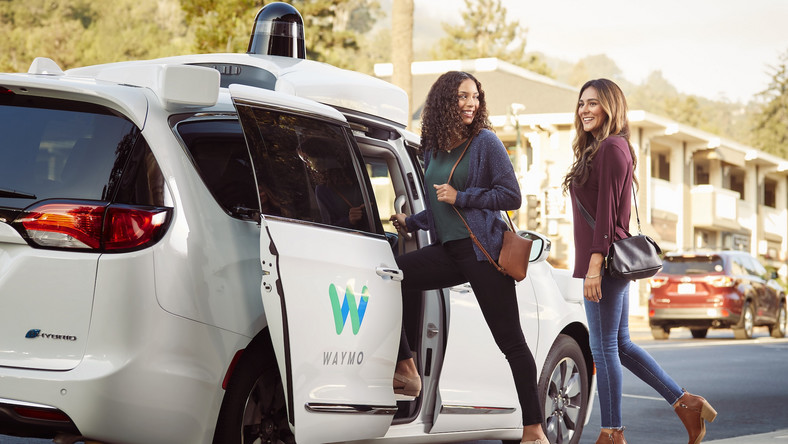|
Getting your Trinity Audio player ready...
|
San Francisco, California – In a significant development, California regulators have granted approval to two prominent robotaxi companies, Cruise and Waymo, allowing them to operate their autonomous vehicles around the clock across all of San Francisco. Moreover, passengers can now be charged for their services, marking a major step in the autonomous vehicle industry’s evolution.
Following approximately six hours of public commentary both in favor of and against driverless taxis, the much-anticipated decision was reached. The approval comes amid debates between the robotaxi firms and some San Francisco residents, including concerns voiced by first responders, city transportation leaders, and local activists, about the implications of this technology.
The California Public Utilities Commission, responsible for overseeing self-driving cars in the state, voted 3-to-1 in favor of Waymo and Cruise expanding their operations within San Francisco. This decision ushers in a new era where city residents and visitors can utilize driverless taxi services by paying a fare, introducing automated competition to conventional cab and ride-hail drivers.
Tekedra Mawakana, co-CEO of Waymo, expressed the significance of this milestone: “Today’s permit marks the true beginning of our commercial operations in San Francisco,” she stated in a press release.
Cruise’s spokesperson Drew Pusateri emphasized the groundbreaking nature of the 24/7 driverless service, positioning Cruise as a contender against traditional ride-hailing services and challenging the existing transportation norms. He said, “It puts Cruise in a position to compete with traditional ridehail, and challenge an unsafe, inaccessible transportation status quo.”
The Approved Changes: Cruise and Waymo’s Expanded Scope
Prior to this decision, Cruise and Waymo were limited in their service offerings to San Francisco residents.
Cruise, a subsidiary of General Motors, was permitted to charge fares solely for overnight rides occurring between 10 p.m. and 6 a.m. in specific city areas. Waymo, owned by Alphabet, Google’s parent company, could charge fares only for rides that had a human driver present in the vehicle.
With the regulatory approval, both Cruise and Waymo can now charge fares for their driverless rides and provide 24/7 access to San Francisco streets.
Cruise officials conveyed during a recent public hearing with state commissioners that the company deploys approximately 300 vehicles at night and 100 during the day. Waymo officials shared that around 100 of their 250 vehicles are operational on the roads at any given time.
This regulatory green light signifies a significant stride forward in autonomous vehicle technology and its integration into urban transportation systems. The decision to allow driverless vehicles to roam the streets of a major city on a 24/7 basis with fare-charging capabilities marks a turning point for the future of transportation.
